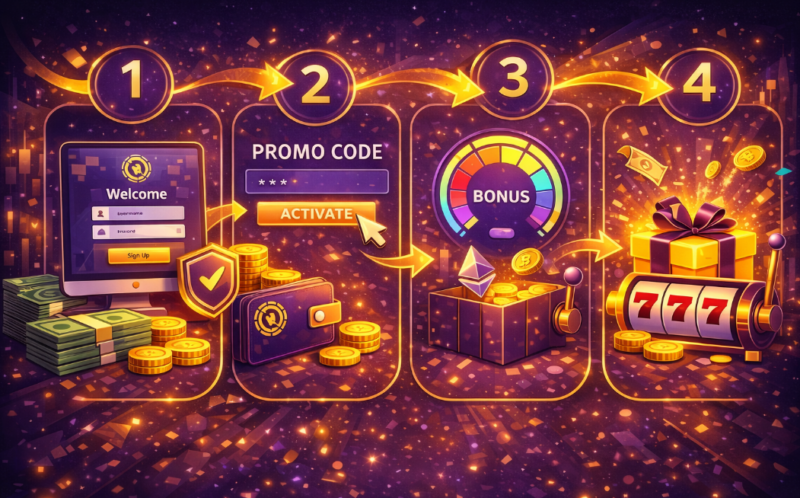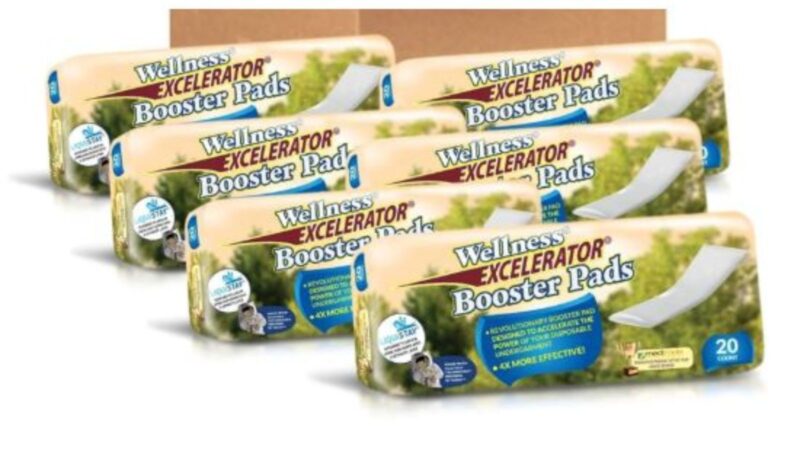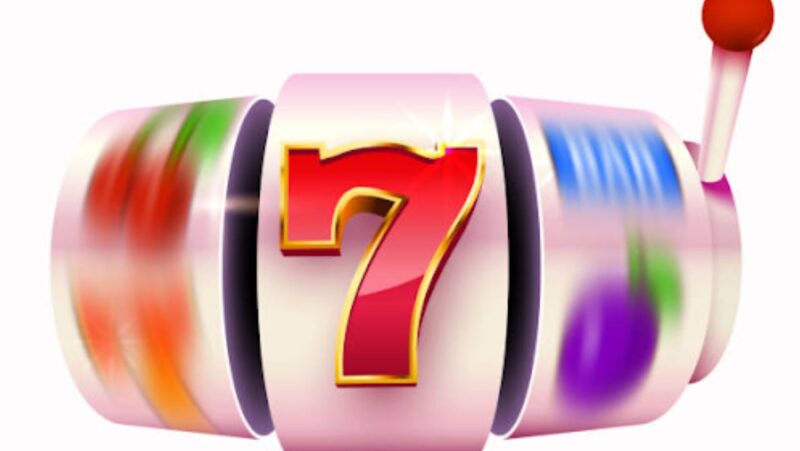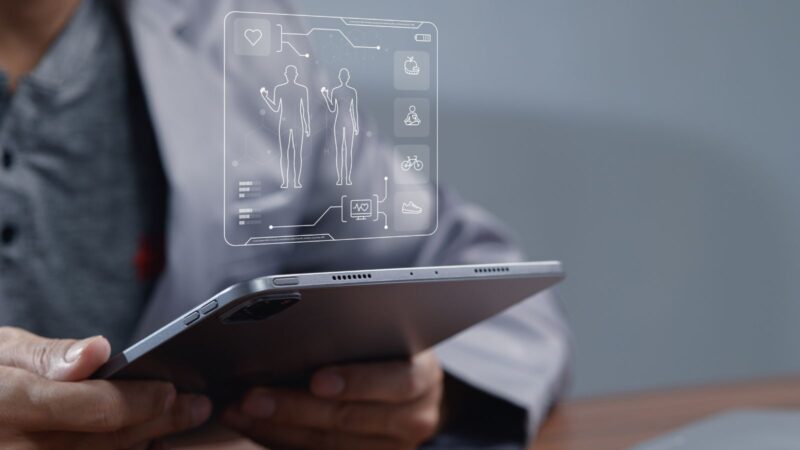
In the modern age, technology isn’t just a luxury – it’s a part of our everyday lives, including home care services. In this blog, we’ll dive into how smart tech has revolutionized home care and how you can use it to provide even better services. So, let’s dive in!
Smart Home Technologies in Senior Care
First, let’s start with voice-activated devices. These devices can perform tasks like turning lights on or off, adjusting thermostats, and playing music, all through voice commands. This is especially helpful for seniors who have mobility issues or visual impairments.
Another key technology is motion sensors. They can detect movement and alert caregivers if there’s unusual activity, or lack thereof, indicating a potential problem. For example, if a senior doesn’t get out of bed by a certain time, the sensor can send an alert. This ensures timely assistance in case of falls or other emergencies.
If you’re looking for specialized medical services designed to provide comfort and support for individuals with life-limiting illnesses, focusing on pain management and symptom relief. You can check for Hospice Care near you allowing patients to receive compassionate end-of-life care in the comfort of their own homes. These services are typically provided by trained professionals, including nurses, physicians, social workers, and volunteers, who work together to ensure the physical, emotional, and spiritual well-being of patients and their families.
Smart medication dispensers are also vital. They remind seniors when to take their medicine and dispense the correct dosage. This reduces the risk of missing or double dosing, which is particularly important for those with memory challenges.
Finally, there are wearable health monitors. These devices track vital signs like heart rate and sleep patterns. They provide valuable health data in real-time, allowing for prompt medical attention if something appears off.
Telemedicine’s Role in Elderly Care
Telemedicine is the use of technology, like computers and smartphones, to provide healthcare services remotely. Understanding telemedicine can greatly enhance the care provided to the elderly.
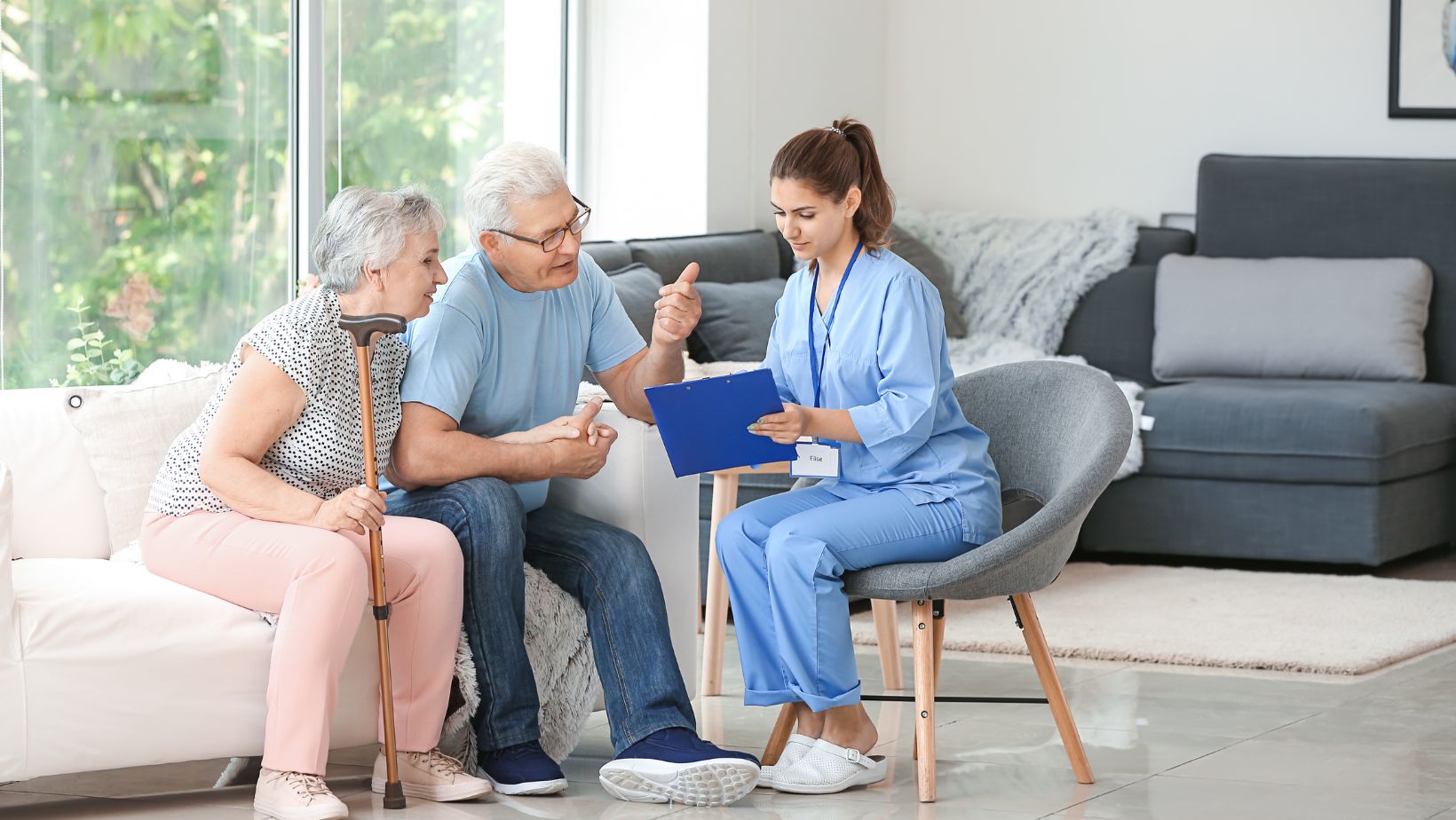
This technology allows doctors to consult with their patients via video calls, making medical advice more accessible. Seniors who struggle with mobility or transportation can easily get the care they need right from their homes. They can have regular check-ups, discuss health concerns, and receive some types of treatment without needing to travel to a clinic or hospital.
Telemedicine also helps in monitoring chronic conditions. Doctors can keep a closer eye on their patient’s health by reviewing data from remote monitoring devices. This means they can quickly adjust treatments if needed.
For caregivers, telemedicine offers support and guidance. Caregivers can join consultations, understand care plans better, and ask questions directly to healthcare professionals. This approach ensures everyone involved in a senior’s care is informed and coordinated.
Wearable Health Monitors for Seniors
Wearable health monitors are small, portable devices that seniors can wear, like a watch or a bracelet. These devices keep track of important health information such as heart rate, steps taken, and sleep patterns.
Here’s how they work: these monitors collect data all day. They can tell if a senior’s heart rate is too high or too low. They also track physical activity, which is important to know if a senior is staying active or not. Some of these devices can even detect falls.
Nowadays, the majority of the finest home care services incorporate these devices into their caregiving routines. They provide real-time health data, so you can react fast if there’s a problem.
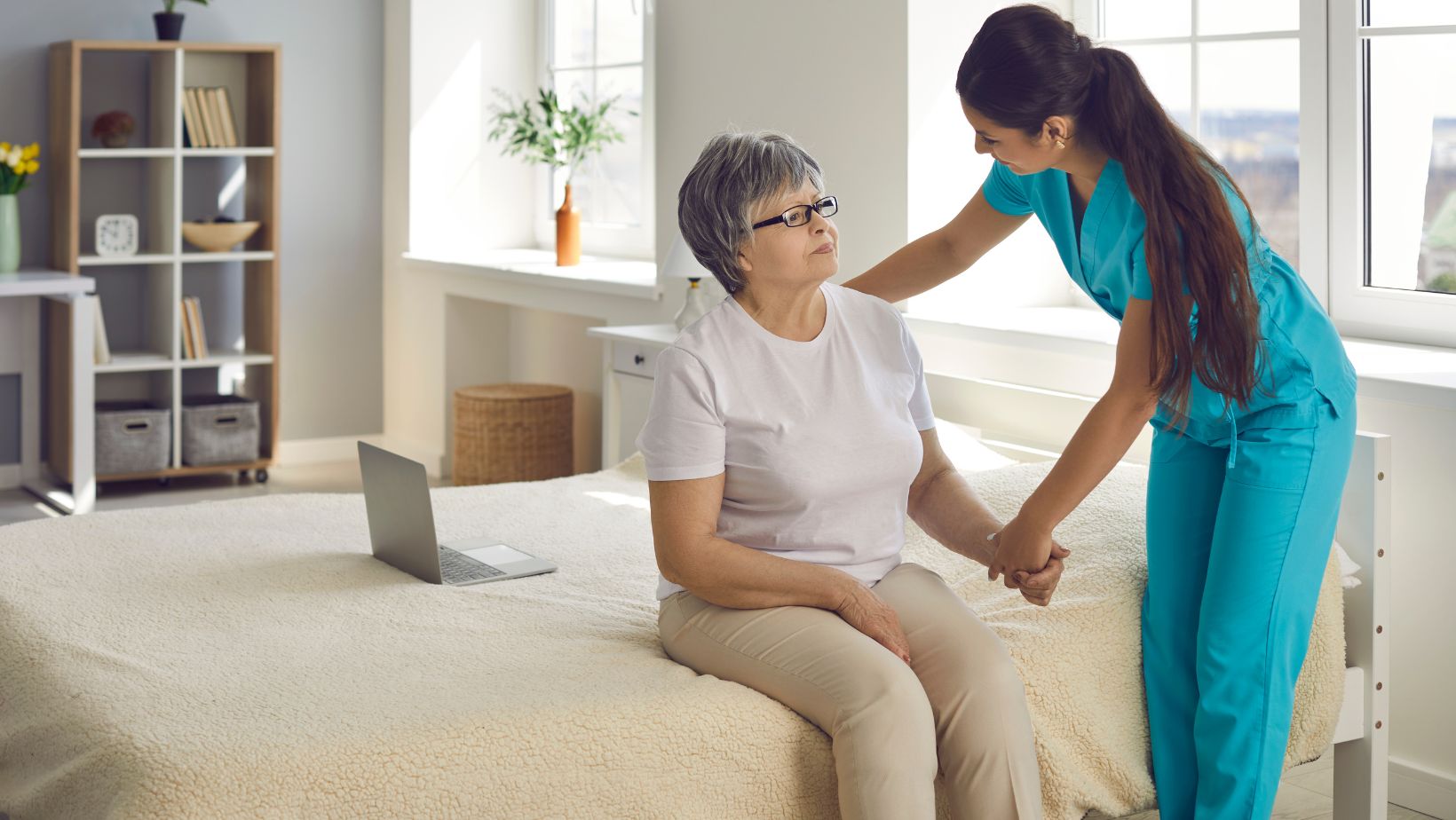
For example, if a senior’s heart rate changes suddenly, you can check in on them right away. This shows how valuable these tools are.
Health Apps for Senior Empowerment
Health apps make it easier for seniors to handle their health, connect with doctors, and get health information. We’ve listed three of the best health apps for seniors below.
- Medisafe: Medisafe is a highly user-friendly app designed to help seniors manage their medications effectively. It features medication schedule tracking and pill reminders to ensure that seniors never miss a dose.
- MyChart: MyChart is an excellent app for both Android and iOS users, granting seniors secure access to their electronic health records. It enables easy communication with healthcare providers, allowing seniors to view test results, request appointments, and message their medical team directly.
- WebMD: WebMD is widely recognized as a comprehensive resource for health-related information, making it an excellent choice for seniors over 50. This app includes a symptom checker tool, which is useful for self-assessment and understanding various health conditions.
IoT: Connecting Elderly Care Services
The Internet of Things, or IoT, is a big part of modern elderly care. Simply put, IoT means connecting everyday devices to the internet. In elderly care, this can include sensors, health monitors, and even home appliances.
Here’s how it works: these devices collect and share data. For example, a sensor might detect if a senior has fallen and then send an alert to a caregiver’s phone. Health monitors can track heart rate or sleep patterns and share this information with doctors. Even smart thermostats or lights can be controlled remotely, making life easier and safer for seniors.
IoT makes it possible to have a connected care network. This means you can monitor and respond to the needs of the elderly in real-time. It’s not just about safety – it’s also about comfort and convenience. For instance, a senior can control lights and temperature without having to move, which is great for those with limited mobility.
There you have it! We’ve explored how technology is transforming elderly home care services. Our goal was to show you how these innovations can help and inspire you to integrate them into your services. Wishing you, your team, and your clients all the best!





